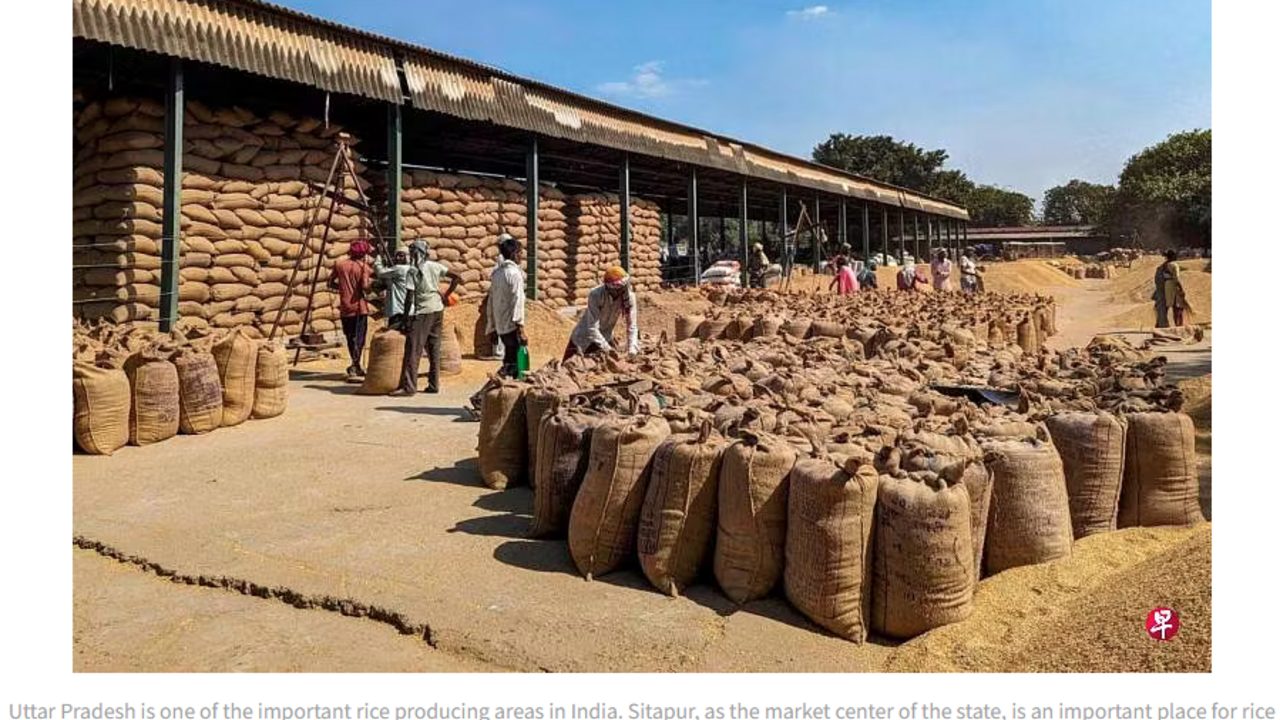(New Delhi Comprehensive News) Benefiting from abundant rainfall, India's rice production has increased significantly and it has decided to resume exports of non-basmati rice. This move is expected to increase global supply and prompt major rice exporters such as Pakistan, Thailand and Vietnam to lower prices, thereby easing pressure on the international market.
India imposed restrictions on rice exports last year over fears of drought and extended the curbs until 2024 to keep domestic prices stable ahead of national elections in April-June.
However, benefiting from the abundant monsoon, farmers increased the planting area by 900,000 hectares to 41.35 million hectares, and rice production also increased. As of September 1, the rice stocks stored by the Food Corporation of India reached 32.3 million tons, an increase of 38.6% over last year, creating good conditions for the government to relax rice export restrictions.
The Indian government then announced that it would relax export restrictions on different types of rice. The authorities issued an order on September 28, setting a minimum price of US$490 (about S$627) per tonne for the export of non-basmati rice. The day before, the government reduced the export tax on white rice to zero to encourage the export of white rice.
Earlier this month, the Indian government announced the removal of the minimum export price limit for premium basmati rice to help thousands of farmers enter lucrative overseas markets such as Europe, the Middle East and the United States; last Friday, India also reduced the export tax on parboiled rice from 20% to 10%.
